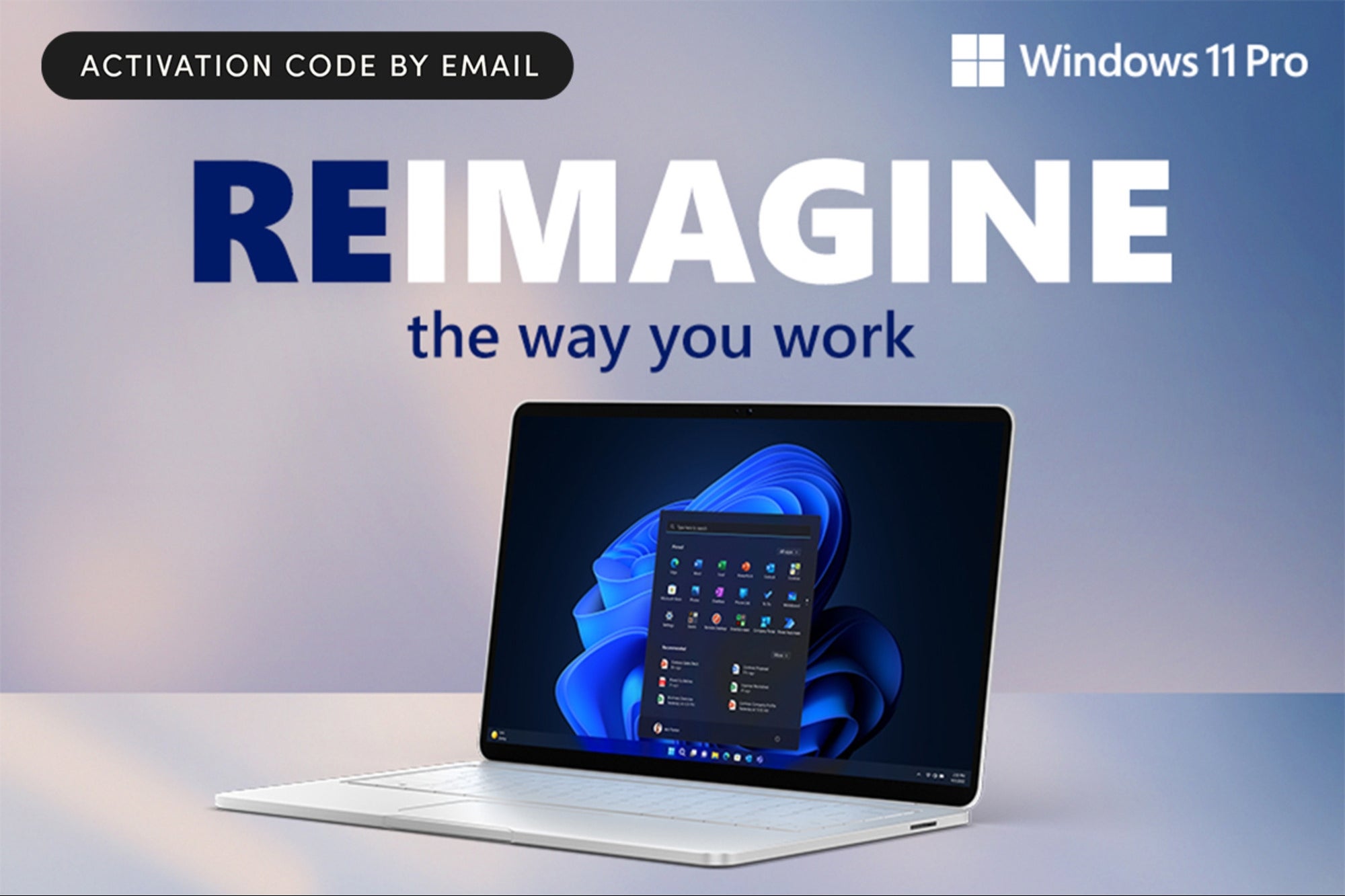Tell Your Story and Share Your Strategies with the $49 Youbooks Tool
Disclosure: Our goal is to feature products and services that we think you’ll find interesting and useful. If you purchase them, Entrepreneur may get a small share of the revenue from the sale from our commerce partners.
If you’ve ever thought, I should write a book about this, but then remembered you’re also running a business, managing clients, and keeping 47 tabs open just to stay afloat—well, same. That’s why Youbooks is a stunning tool. And right now, you can use it for life for just $49.
This AI-powered non-fiction book generator was made for entrepreneurs, founders, coaches, consultants, and all-around busy people with a lot of know-how and no time to type it out. For less than one dinner out, you get lifetime access to a powerhouse writing platform that collaborates with multiple top-tier AI models (ChatGPT, Claude, Gemini, Llama—you name it). That means smarter content, sharper structure, and zero writer’s block.
Youbooks doesn’t just spit out fluff—it builds full-on manuscripts up to 300,000 words, and it pulls in real-time research from the web to back up your ideas with facts, stats, and sources. Want your voice to shine through? Upload writing samples or internal documents so your final product reads like you—not like a robot.
Whether you’re turning a coaching framework into a course companion, expanding a podcast series into a book, or publishing an industry guide to establish yourself as the expert in your niche, Youbooks makes it all possible—with full commercial rights to your content.
Plus, every month, you get 150,000 credits to generate new books, upload your sources, and keep the content flowing. No upsells. No subscriptions. No ghostwriters ghosting you. Just you, your ideas, and a very smart machine helping you bring them to life.
Your story is worth telling. Now it’s easier—and way cheaper—than ever to tell it.
Get lifetime access to Youbooks for just $49 (MSRP: $540) for a limited time.
Youbooks – AI Non-Fiction Book Generator: Lifetime Subscription
StackSocial prices subject to change.
If you’ve ever thought, I should write a book about this, but then remembered you’re also running a business, managing clients, and keeping 47 tabs open just to stay afloat—well, same. That’s why Youbooks is a stunning tool. And right now, you can use it for life for just $49.
This AI-powered non-fiction book generator was made for entrepreneurs, founders, coaches, consultants, and all-around busy people with a lot of know-how and no time to type it out. For less than one dinner out, you get lifetime access to a powerhouse writing platform that collaborates with multiple top-tier AI models (ChatGPT, Claude, Gemini, Llama—you name it). That means smarter content, sharper structure, and zero writer’s block.
Youbooks doesn’t just spit out fluff—it builds full-on manuscripts up to 300,000 words, and it pulls in real-time research from the web to back up your ideas with facts, stats, and sources. Want your voice to shine through? Upload writing samples or internal documents so your final product reads like you—not like a robot.
The rest of this article is locked.
Join Entrepreneur+ today for access.
Tell Your Story and Share Your Strategies with the $49 Youbooks Tool Read More »





 Palantir CEO Alexander Karp. Photo by Kevin Dietsch/Getty Images
Palantir CEO Alexander Karp. Photo by Kevin Dietsch/Getty Images





 Anthropic CEO Dario Amodei. Photo by Halil Sagirkaya/Anadolu via Getty Images
Anthropic CEO Dario Amodei. Photo by Halil Sagirkaya/Anadolu via Getty Images